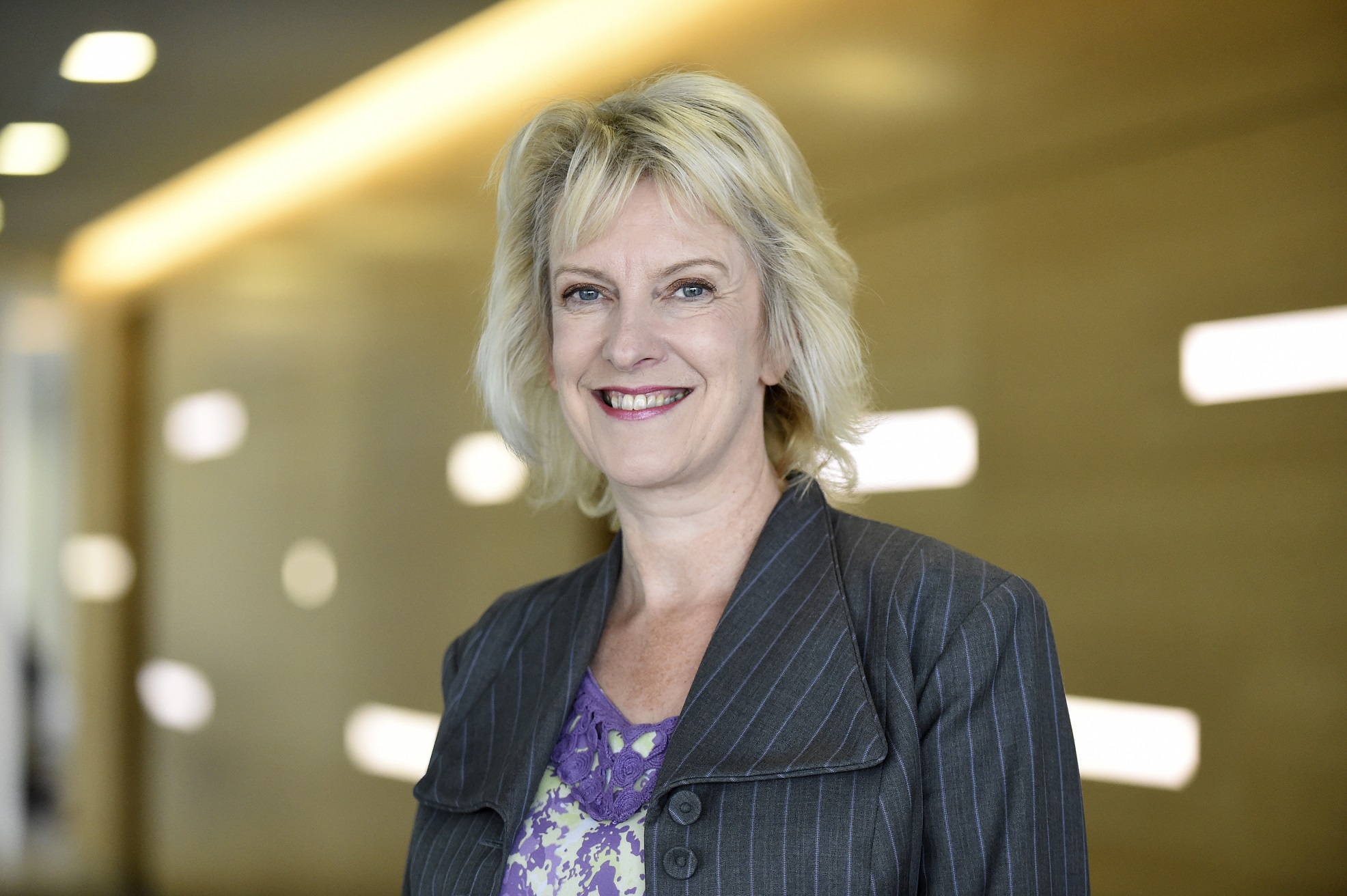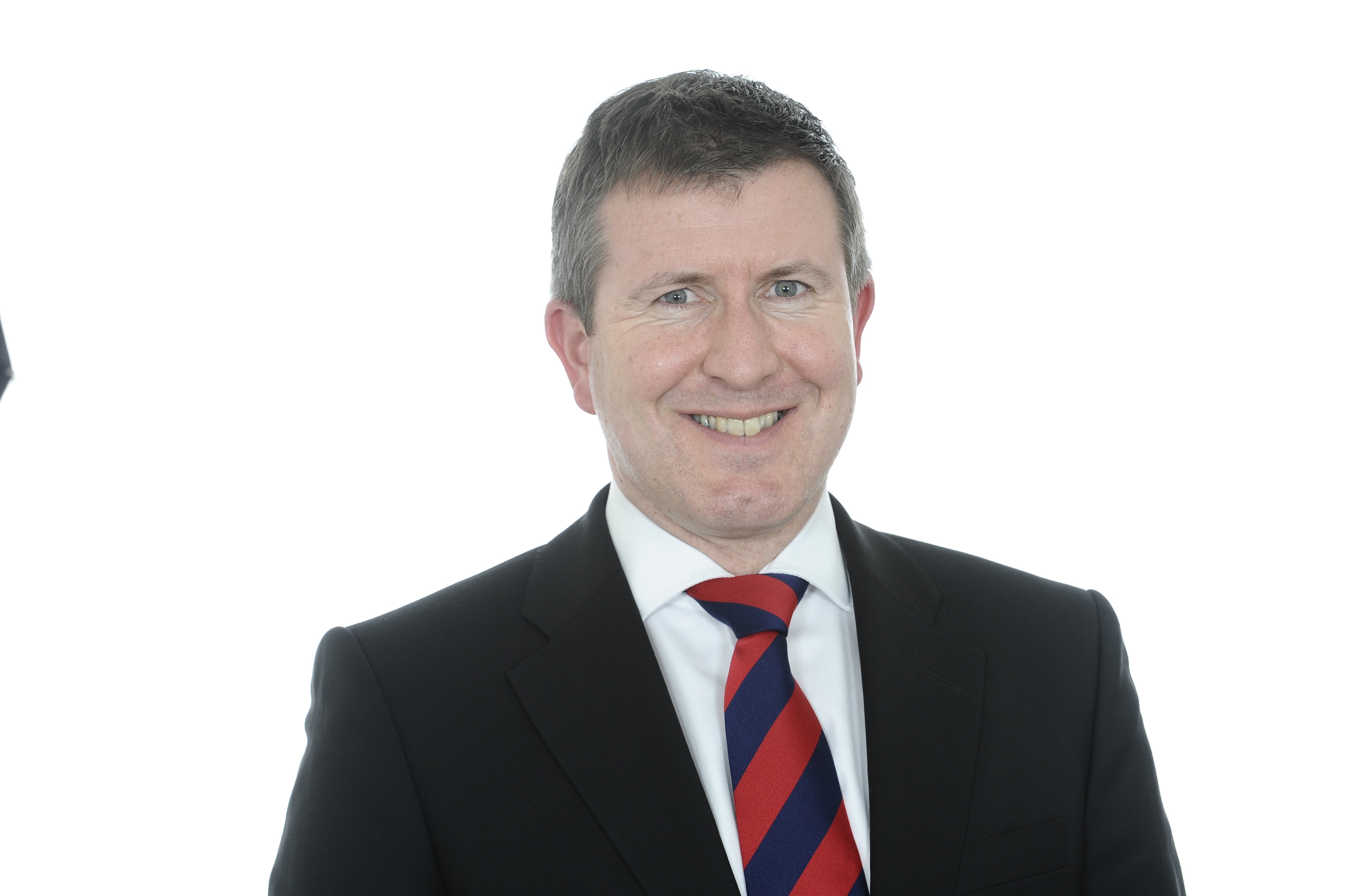Women are not investing enough in pensions and are underinsuring themselves – creating a “gender financial security gap” – according to a new report by legal firm Pinsent Masons and leading gender charity The Fawcett Society.
A combination of socio-economic factors and the impact of gender stereotypes are to blame for the imbalance and the report calls on financial institutions to “work harder for women” to help tackle the situation.
The report, ‘Closing the Gender Gap: Female consumer engagement in Financial Products’ reveals that women are increasingly taking household financial decisions, with 2020 cited as the ‘tipping point’ when women will make the majority of financial decisions in the home.
However, the reality of women’s lives means that the financial risks they face are both more numerous and complex than men. Women face factors such as a lower starting salary when they enter work; a wider pay gap; having to take time out to care for children or relatives; unequal split of assets and loss of income after divorce; childcare costs; and higher prospects of living with severe health conditions.
Despite these risks, the report finds that women are underinvesting in pensions and investment products and underinsuring themselves relative to men, creating a ‘gender financial security gap’. This gap often means that the inequalities women experience during their working years are perpetuated and exacerbated in later life, and can put women’s financial independence on the line.
The report calls upon the UK’s financial services industry and policy makers to seize the opportunity to better engage female consumers. It suggests the financial services industry should develop new products and change marketing initiatives, which will not only increase women’s financial independence but bring financial returns in the UK market.

Pinsent Masons Head of Pensions and Long-Term Savings, Carolyn Saunders, said: “Pensions and investment products need to work harder for women. Financial service providers and policy makers need to help change the perception that finance is a man’s world, boost women’s confidence in their financial capabilities and develop products and advertising that speak to women.
“Women’s wealth is on an upwards trajectory and more financial decisions are being taken by women than ever before. Some organisations are already recognising and engaging with this change but on the whole financial products continue to be developed and marketed in much the same way as they always have been.
“For the financial institutions that recognise and engage with this change there is significant opportunity to make a positive impact on society while opening up a market which is arguably underserved.”
Sam Smethers, Fawcett Society Chief Executive, said: “Women are both carrying more risk throughout their lives and also less able to take action to address those risks. This is partly because women earn less and also tend to prioritise other things over their own financial security.
“But even when women are earning enough to save or invest, the financial information available to them and the choices they are presented with don’t appear to work for them. The financial services industry has a huge opportunity here to both put that right and help women to achieve financial independence at the same time.”
Some key findings:
Women’s wealth
A quarter of women working full time earn over £35,000 per year. 2020 is cited as the ‘tipping point’ when women will make the majority of financial decisions in the home: 20% of women live in households with over £50,000 of financial wealth.
Pensions
Women are slightly less likely to be contributing to a pension than men. But they are only half as likely to pay in to a personal pension, and only 13% of self-employed women are contributing. Women paying into a pension hold only 70% of the value that men have.
Insurance
Women are less likely to have life insurance, with 31% insured compared with 36% of men. There is a 32% gap in the insurance wealth held by women and men with high-value estates on death.
Investments
Women are as likely to save as much as men but they save less, and in ways that may mean they are not maximising their wealth. Fifty three percent of UK women do not have a financial advisor, of those that do, 73% feel misunderstood by them.
Financial literacy & confidence
There is a gender gap in financial literacy in the UK, with 40% of women compared with 67% of men having high scores on knowledge of 8 key financial concepts. This links to a confidence gap: women on average think that they are less knowledgeable than other people when it comes to investing their money, and more likely to say that investment complexity puts them off.
 – New research reveals consolidation will transform global energy sector
– New research reveals consolidation will transform global energy sector
– UK, Germany, China top three destinations for acquisitions
Ninety percent of energy companies are seeking joint ventures with or acquisitions of smart energy technology specialists, according to research by legal firm Pinsent Masons.
A smart energy revolution is underway as global energy suppliers react to a seismic shift in the supply and distribution of electricity and consumer demand says the legal firm.
The report. ‘Hungry For Change – Investing in a smarter energy future’, which surveyed 250 senior executives at energy and energy investment companies, found that 90% of energy companies are actively seeking energy technology bolt-ons.
Pinsent Masons said this step-change is being driven by the rapid change in consumer energy consumption behaviour, shifts in Government policy and a desire to improve security of energy supply.
The findings show that over the next two years investors and energy companies will prioritise smart meters, new methods of harnessing surplus power and in-house development of data analytics technology, while cloud management systems and virtual power plants will see a surge of investment over the next six years.
The research revealed 85% of respondents expect mergers and acquisitions in utilities to increase in the next 12 months with the UK, Germany and China named as the top three target countries for smart energy investment. Forty-six percent of investors and 30% of utilities are investing to access new technology, while 30% of utilities and 24% of investors are looking to invest in smart meter technology in the near term.
In addition, 62% of energy companies say they will not opt for in-house development of smart energy solutions due to high start-up costs and a lack of expertise but instead go down the joint venture and acquisition route.
Edinburgh-based energy partner at Pinsent Masons, Ian McCarlie, said: “Energy companies are grappling with a seismic shift in energy markets and consumption patterns, with widespread distribution and supply market innovation driving energy companies and investors to diversify and adapt their business model.
“Joint ventures and acquisitions are the key to this revolution if utilities are to play a role in the future of the energy industry, maintain security of supply and meet consumer demand in a highly competitive market.
“The transition to a low carbon economy is gathering momentum, presenting significant opportunities for energy service companies as we move towards and into the 2020s, but action must be taken now to avoid being left behind.
“Cloud-based management and virtual power plants are high on the agenda, but this is the destination not the starting point. The groundwork must be laid with investment into smart meters, battery storage and data analytics to build a sustainable, resilient and profitable energy industry.”
Pinsent Masons says recent deals such as Enel’s acquisition of Element Power’s 25 Megawatt (MW) energy storage project in Tynemouth and Eneco’s purchase of a stake in virtual power plant specialist Next Kraftwerke demonstrate a shift in gear towards a more technology-driven utilities sector.
Mr McCarlie added: “A clear strategy for investment into new technology is driven by the need for utilities to evolve their business in light of government policies to decentralise energy supply, improve energy efficiency and continue the transition to the low carbon economy.
“What we’re seeing is energy companies stepping up to the plate and embracing the brave new world of energy supply. At the heart of this revolution, consumer choice and efficiency are of paramount importance. Bolting on technology and pooling resources is the most effective way to respond to new consumer trends and patterns of energy consumption.”
International law firm Pinsent Masons has appointed four infrastructure and energy heavyweights in Australia, further enhancing its existing presence across Sydney and Melbourne and adding a new presence in Perth.
The law firm’s Scottish operation comprises of more than 500 staff based in its Glasgow, Edinburgh and Aberdeen offices. Since launching in Australia in 2015, Pinsent Masons has acted on a number of standout mandates, including the AUD$15bn Melbourne Metro Project, acting for First Solar in relation to its project finance acquisition and development of a 48MW Solar Power plant and acting for Samsung C&T on the AUD$2bn Roy Hill Iron Ore Mining dispute.
The new partners join from Norton Rose Fulbright and comprise:
• Rob Buchanan who specialises in construction and engineering disputes on major energy and infrastructure projects.
• Matthew Croagh, a leading construction and engineering disputes lawyer with a specialism in the oil and gas industry.
• Adrienne Parker, who has extensive experience in major projects, construction, engineering and resource projects across Australia, Papua New Guinea, Indonesia and Africa. Adrienne is also President of the WA Chapter of National Association of Women in Construction.
• Bill Ryan, who has acted upon complex arbitrations arising out of the resources sectors in Queensland and Western Australia.
Pinsent Masons’ legal resourcing hub Vario has also recently announced its expansion into Australia, its first operational base outside of the UK.
David Rennick, Head of Australia for Pinsent Masons, said: “In less than two years, Pinsent Masons has established itself among the preeminent infrastructure firms in Australia and enhanced its reputation across the Asia Pacific region. Our strong growth and high calibre of work is being recognised and we are delighted to be able to attract a stellar team of fellow specialists to join us in expanding our business into Perth. The appointments also present an opportunity to expand further into the energy sector.”
Richard Foley, Senior Partner, said: “Our vision is to be recognised as an international market leader in the global sectors in which we operate and Australia has been significant in enabling us to serve clients domestically and across Asia Pacific, the Middle East and Europe. Our relentless focus on combing skillset excellence with sector insight and innovation continues to prove popular among our clients.”
The news comes after a period of sustained investment by Pinsent Masons. In May, the firm announced plans to launch in Dublin and the acquisition of diversity-and-inclusion business Brook Graham. The month prior, the firm announced the appointment of teams in Madrid and Johannesburg to open the firm’s inaugural offices in Spain and South Africa respectively. The firm will now operate 24 offices globally.
 International law firm Pinsent Masons today revealed its unaudited results for 2016-17 which shows global turnover increased by 11% to £423.1m.
International law firm Pinsent Masons today revealed its unaudited results for 2016-17 which shows global turnover increased by 11% to £423.1m.
Almost 85% of revenues were generated from clients operating in the firms’ five global sectors, with the largest contributors Advanced Manufacturing & Technology (21%) and Financial Services (20%).
Excluding the impact of currency fluctuations, the firm achieved like-for-like turnover growth of 7% on the previous year.
The results follow a year of substantial investment at Pinsent Masons which included opening its first office in Africa, appointing a six-strong partner team in Madrid, and plans to open a technology and financial services focussed practice in Dublin.
The law firm, which has more than 500 staff based in its Glasgow, Edinburgh and Aberdeen offices, also expanded its legal resourcing hub Vario in to Australia, and acquired a 20% stake in ‘New Law’ start-up business Yuzu, a legal sourcing proposition for business that lies between in-house, private practice and traditional managed legal service models.
Ewan Alexander, partner and Head of Edinburgh office, said: “The results reflect a successful year in which Scotland’s largest infrastructure deal and Europe’s largest tech deals in the last 12 months were sourced and resourced by our Scottish corporate teams. To address increasing demand from investors for specialist fund capability, we recently recruited funds expert David Young and his appointment as a partner in our Insurance, Regulation and Products strengthens our financial services sector capability.”
Pinsent Masons managing partner, John Cleland, added: “We remain committed to our vision of being recognised as an international market leader in our global sectors, and this has been borne out by the investments we have made and will continue to make. We are expanding our business to support clients not just across a wider range of geographies and legal service lines, but also across alternative forms of delivery model which provide innovative ways to address the challenges they face. That we have been able to combine that growth with improved profitability gives us significant confidence going into what is an unpredictable year.”
Standout mandates during the year have included advising AMC on a string of cinema acquisitions across Europe for c. $1.9bn, advising Yudean Group on its $1.5bn acquisition of a joint control stake in Attarat Power Company, acting for Samsung C&T on the AUD$2bn Roy Hill Iron Ore Mining dispute, one of the largest disputes currently underway in Australia, acting on a €850m dispute between Goldman Sachs International versus NovoBanco and others, advising CFFI Ventures on its investment in the first UK clearing bank to launch in 250 years, advising Redefine Properties on a €1.2bn real estate acquisition and advising on the UK acquisition and management for Germany’s largest open ended fund Union Investment.
Pinsent Masons has also been appointed or reappointed to a number of significant panels which include AIG, Heathrow, Diageo, Capita, Dixons Carphone, Keepmoat, the Australian BMD Group as well as renewing its sole adviser relationship with E.ON.
The firm brought to market a number of innovative solutions including the firm’s own proprietary Artificial Intelligence technology plus a suite of tools to help clients prepare for Brexit, and made 16 partner promotions, in so-doing surpassing its target of achieving 25% female representation among its partnership by 2018 under the firm’s ‘Sky’ programme.
In addition, 2016 saw the firm named as the top-ranked professional services firm in Stonewall’s Workplace Equality Index and be named in The Times’ Top 50 Employers for Women.





